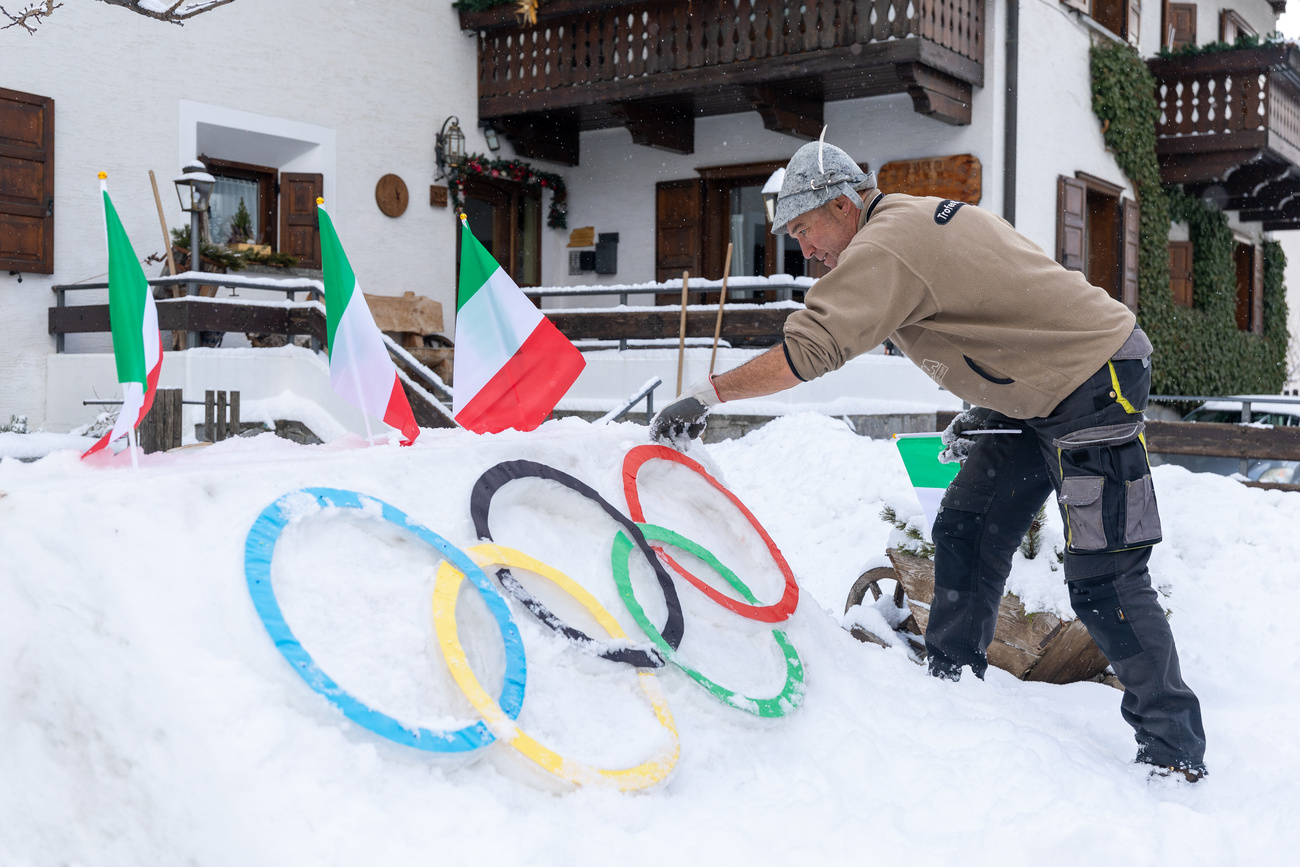
Medical staff, poor and unemployed at higher risk of alcohol abuse

The non-governmental organisation Addiction Switzerland has warned that stress and lack of a structured routine during the coronavirus pandemic can lead to overconsumption of alcohol.
Overall, Addiction SwitzerlandExternal link expects a decrease in alcohol consumption due to the confinement measures imposed by the government to combat the spread of Covid-19. Studies on alcohol consumption in times of crisis show a decline in alcohol consumption among moderate drinkers.
However, on Wednesday, the organisation warned that the Covid-19 crisis can aggravate alcohol problems in people who already drink heavily. Vulnerable groups include people with few social or financial resources, those who use alcohol as a self-medication to relieve stress (such as medical staff) or those who are confronted with a less structured daily routine or are unemployed.
Addiction Switzerland called for urgent measures to detect and prevent alcohol problems in vulnerable groups in particular at an early stage. Monitoring average alcohol consumption or sales figures is not enough, the charity warned.
Apart from alcohol-related problems, Addiction Switzerland predicts that Covid-19 will most likely lead to long-lasting psychological problems such as sleep disorders, anxiety disorders, post-traumatic stress and depression in many people.

More
What people in Switzerland are addicted to

In compliance with the JTI standards
More: SWI swissinfo.ch certified by the Journalism Trust Initiative































You can find an overview of ongoing debates with our journalists here . Please join us!
If you want to start a conversation about a topic raised in this article or want to report factual errors, email us at english@swissinfo.ch.